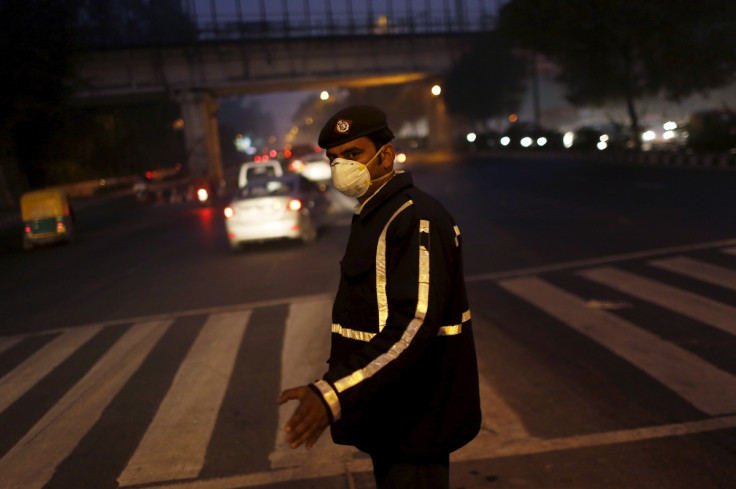New Delhi's second trial of odd-even rule kicks in

The New Delhi administration in India has embarked on the second 15-day trial of the odd-even rule for vehicles plying in the capital. The rationing scheme was brought into effect on 15 April to curb increasing pollution levels in Delhi.
Chief Minister Arvind Kejriwal has urged the public to rally behind the initiative. The first day being a public holiday due to the Ram Navami festival, followed by the weekend, the effect of restricted vehicular movement will only be felt from 18 April onwards.
"Odd even starts today. Let's all join hands and resolve to make it a success," wrote the chief minister on Twitter. More than 500 people were fined in the first five hours of the ban, which kicked off at 8am local time on 15 April.
The rule implies cars with even numbers can ply on even dates, while odd-numbered cars are allowed to move on odd dates, the only exceptions being women, who drive alone and other VIPs. Violators are being heavily penalised.
The government has deployed thousands of forces – civil servants, police personnel, and retired army staff – to enforce the ban. Public transport has been stepped up with more state-run trains and buses being added to ease the flow of traffic.
This is the second time Delhi is experimenting the odd-even rule after a mixed response from the first phase in January 2015. With the daily collection of air purity data to monitor pollution levels, the government will soon decide on implementing the scheme completely.
"We are considering the implementation of the scheme for 15 days every month, although we have not decided it, which will help in lowering pollution and provide big relief from congestion," Kejriwal was quoted as saying.
© Copyright IBTimes 2024. All rights reserved.






